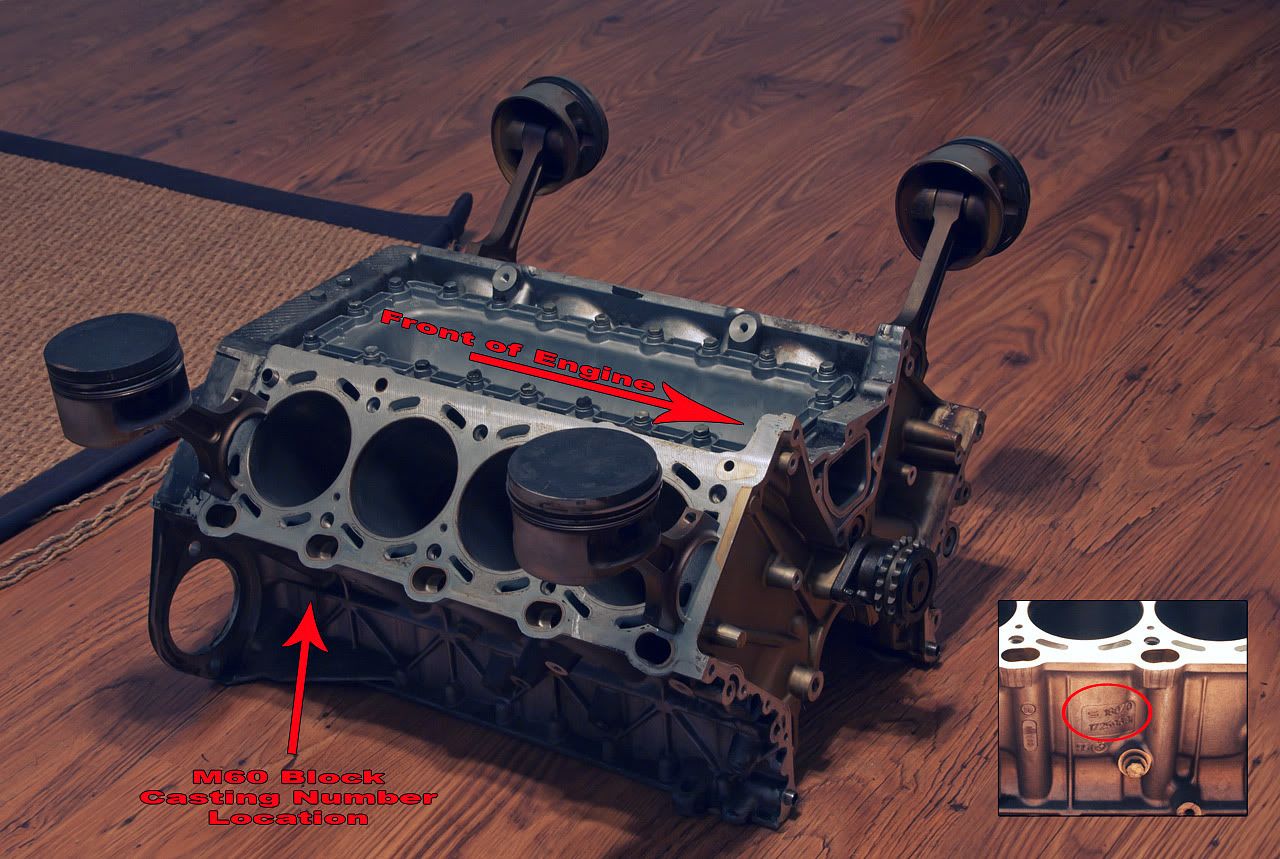I thought I'd post this up since there is so much unnecessary misinformation on the subject.
Facts
• Nikasil was the material used on the cylinder walls in these engines. The material was easily eroded by the sulfur in low-quality U.S. gasoline.
• All 4.0 liter M60s can potentially have the Nikasil cylidner linings. None of the 4.4L M62 engines had this issue.
• Upon discovering a pattern of engine failures due to these Nikasil linings, BMW offered an extended replacement initiative for up to 6 years from the car's build date.
• Your car is no longer covered by this initiative, and BMW is not going to replace your block for free.
With that said, if you happen upon a car that may have a Nikasil block, it is no-longer an issue. Nikasil-related failures occurred between 30,000 and 60,000 miles. So if the car is still running, idles, doesn't smoke, and has over 100k miles, Nikasil or not, you have nothing to worry about. In 1997, US fuel companies greatly reduced the amount of sulfur in their product. Therefore, it was, and is no longer a threat to these engines.
Case in point, my 1995 740iL had its original nikasil block and 255,000 miles on it when I sold it. It had perfect compression across all cylinders. If you want to be super sure, have a compression test done with the engine warm and throttle wide open. Numbers should be between 170-190 PSI and not have more than 15% variance from each other.
If you would really like to check your block, you'll have to use a mirror, or crawl underneath the car to read the casting numbers.
Nikasil engines will read 1 725 963 or 1 742 998.
Source & more information: http://www.koalamotorsport.com/tech/article-m60v8.asp

Bookmarks